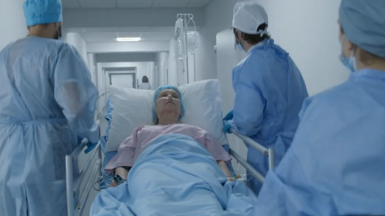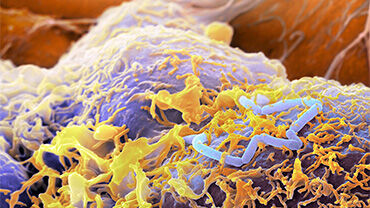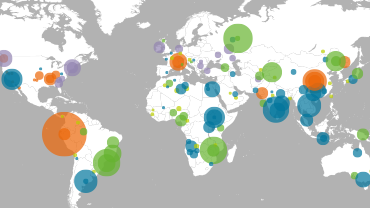Listeria cluster in 5 EU/EEA countries linked to ready-to-eat fish products
A genomic cluster of Listeria monocytogenes infections has been identified in the EU/EEA and the United Kingdom, according to a Rapid Outbreak Assessment released today by the European Centre for Disease Prevention and Control (ECDC) and the European Food Safety Authority (EFSA). Based on case interviews and national investigations, ready-to-eat (RTE) fish products have been implicated as vehicles of infection.
Based on genetic similarity, the cluster can be divided into three sub-clusters, of which sub-cluster 1 is active with 64 cases reported in five EU/EEA countries between 2016 and 2023. Of 64 cases in sub-cluster 1, 17 were reported between 2022 and 2023: one case in Austria, one in Belgium, eight cases in Italy, six in Germany, and one in the Netherlands. Of 64 cases in sub-cluster 1, 10 fatal cases were reported in 2019 (2), 2020 (5), and one each in 2021, 2022, and 2023.
Sequencing analysis showed the presence of the outbreak reference strain in two processing plants in Lithuania and their sealed RTE fish products over the years from 2016 to 2023. Between 2022 and 2023, contaminated fish products from these two processing plants had reached the retail markets in Germany and Italy, but there was no information on the distribution of those products in the other countries reporting cases (Austria, Belgium, and the Netherlands).
The interruption of the production of RTE fish products in one of the two processing plants is likely to reduce the risk of infections, but new cases are likely to occur in the EU/EEA countries, particularly among immunosuppressed and people aged over 75 years, until all sources and sites of contaminations are properly controlled.







